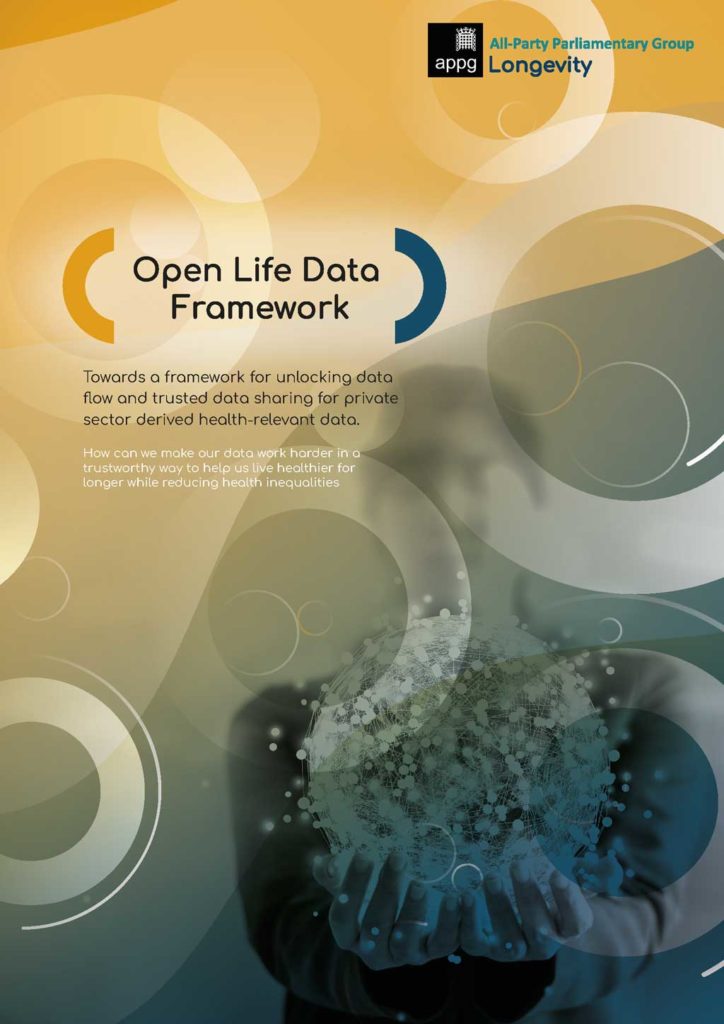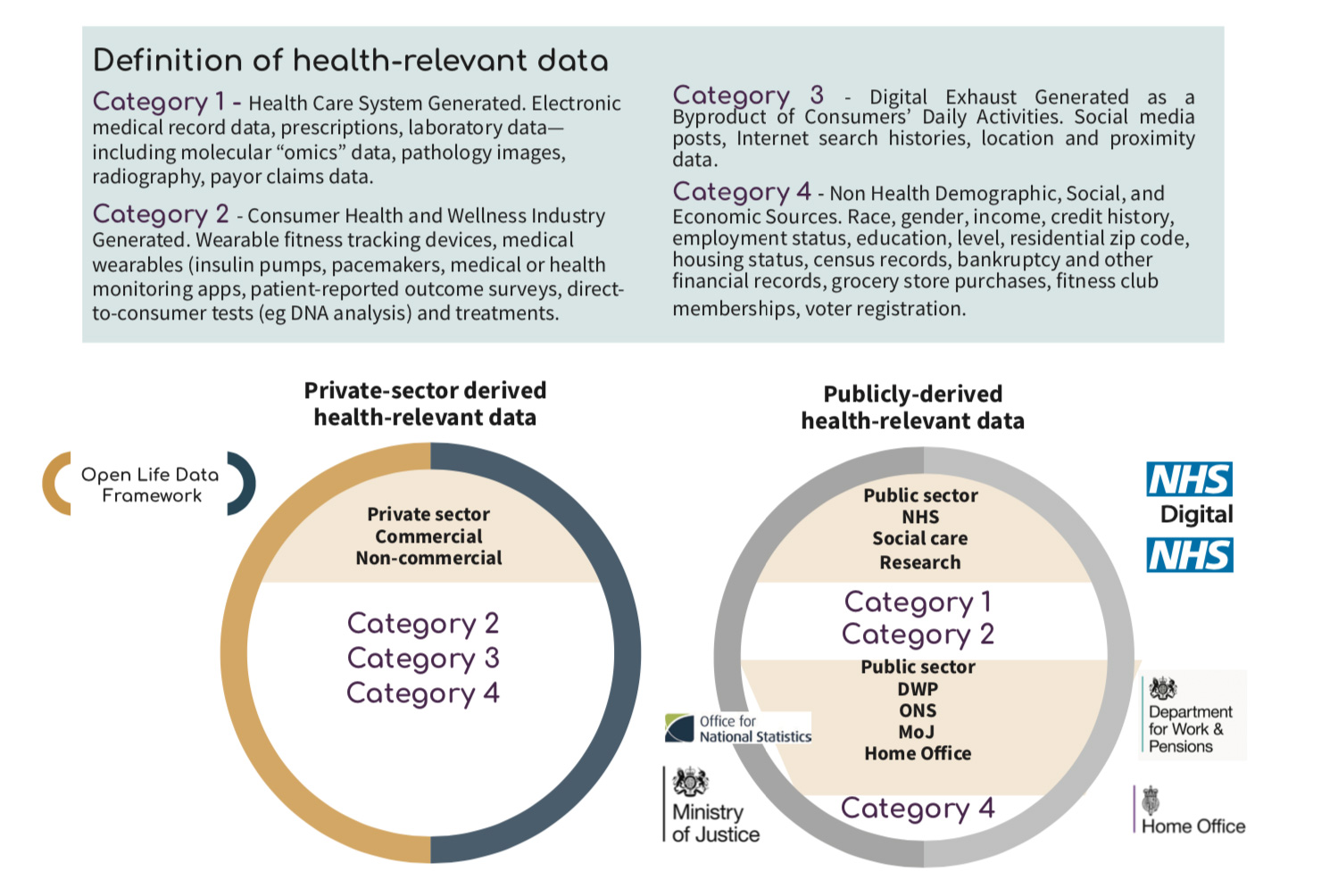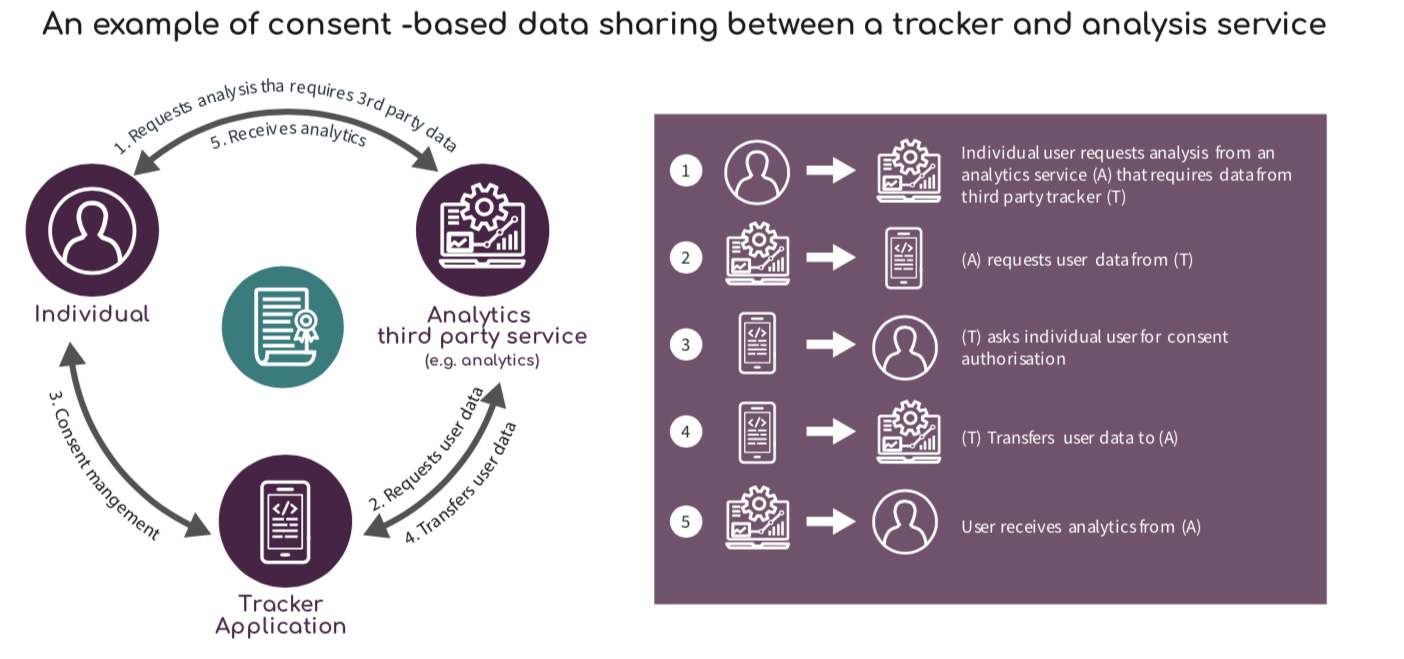
Report: https://dgen.net/1/OpenLifeDataFramework-2021-11-18.pdf
Official site: https://appg-longevity.org/open-life-data-framework
The All Party Parliamentary Group (APPG) for Longevity was set up in March 2019 to address the scientific, technological and socio-economic issues relating to our ageing demographic and promote living younger, healthier and longer lives. The APPG published the Health of the Nation Strategy in February 2020 setting out key recommendations to meet the government goal of five more years of healthy life expectancy by 2035 (HLE + 5) and at the same time to close the large social gap in healthy life expectancy. Overall, the APPG aims to turn the ‘problem’ of ageing into one of the most promising opportunities of the 21st century – and secure Britain’s place as a global leader in longevity by providing access to the ‘longevity dividend’ to everyone equitably in society.
Gavin Starks is a member of the APPG, helping to inform its data strategy.
Vision: To enable consent-based, trust-enhancing and secure sharing of personal ‘health-relevant data’ from the private sector to improve and level up health and wellbeing.
Mission: To create the enabling conditions for public and private sector actors to design and implement a framework that facilitates trustworthy data sharing for public benefit while unlocking innovation to increase healthy life expectancy by 5 years while minimising health inequalities.
Throughout, there is an emphasis on the need for innovation, continuous development and learning balanced with the need to address long-term stability. That focus must be placed to prioritise the delivery of measurable outcomes and to communicate clearly along the journey.
The scope of this work includes data that is generated by the private sector (both commercial and non-profit actors), such as that from apps and digital services.
It does not aim to address public sector data, for example, in electronic health records. To illustrate, we build on classifications in the paper “Privacy protections to encourage the use of health-relevant digital data in a learning health system” and illustrate below.

The Open Life Data Framework was a recommendation in The Health of the Nation. Its rationale was published in the Lancet, Open Life Data to Support Healthy Longevity for All, on the same day the APPG published Levelling Up Health on 9 April 2021.
The specific goals are to:
- explore how better use of data and data-enabled technologies could make a positive contribution to the health, wellbeing and life chances of all people equitably.
- propose solutions for innovating, scaling up and leveraging these technologies across the private, public and academic sectors.
- ensure that digital health infrastructure and innovation support is fairly distributed and resilient, reducing inequalities in co-creation, access and outcomes.
- build public trust in the use of data for individual and collective health and social care purposes.
The APPG formed an expert group to define what is needed to establish an open health system, drawing from other models such as the UK Open Banking system and standards to harness data-intensive technologies to extend – and make more equal – the healthy longevity of British citizens across their life course. The Open Life Data working group, comprising 45 experts (see the list here), was chaired by Lord James O’Shaughnessy, former Undersecretary of Health and visiting professor at Imperial College. The report was informed by over 100 contributors and authored by Gavin Starks and Tina Woods, APPG Director and co-author of the Health of the Nation Strategy and Levelling Up Health.
The Open Life Data Framework is supported with funding from the Health Foundation, an independent charity committed to bringing about better health and health care for people in the UK. Their aim is a healthier population, supported by high-quality health care that can be equitably accessed.

